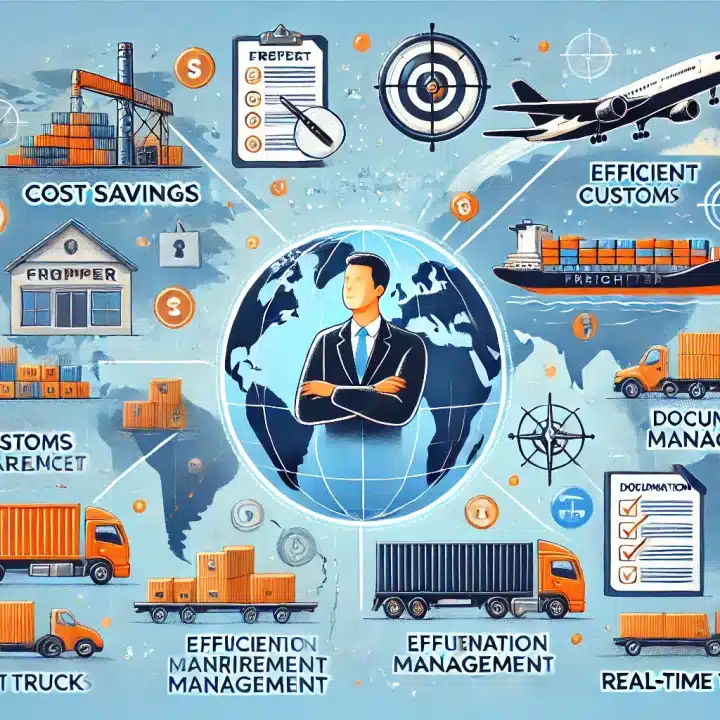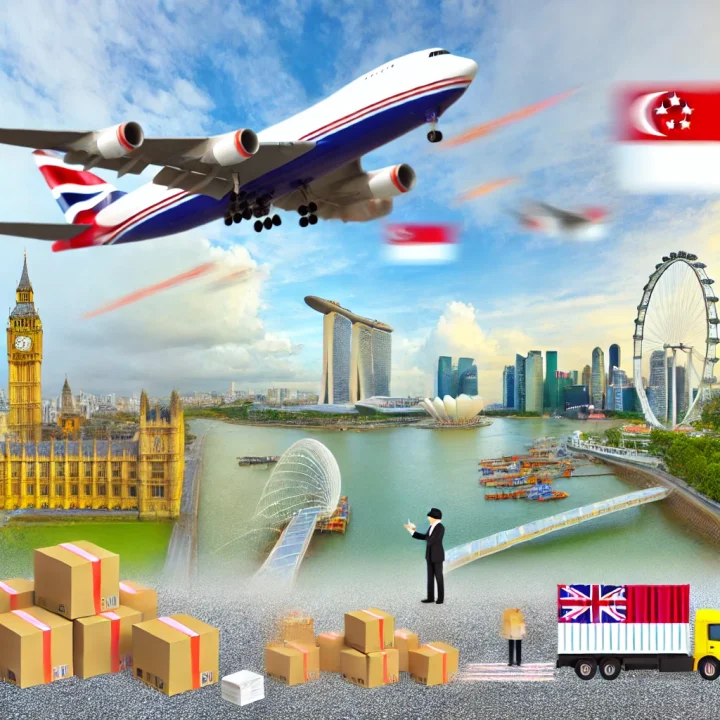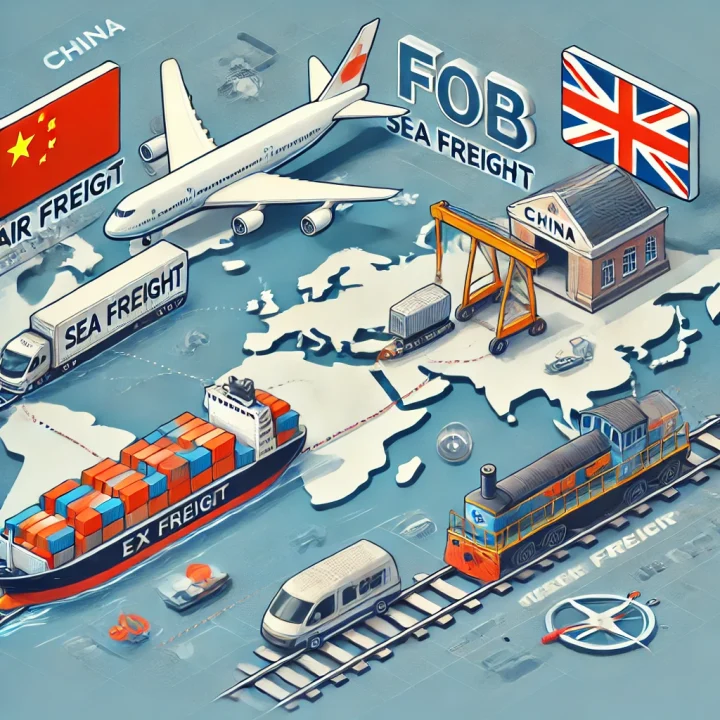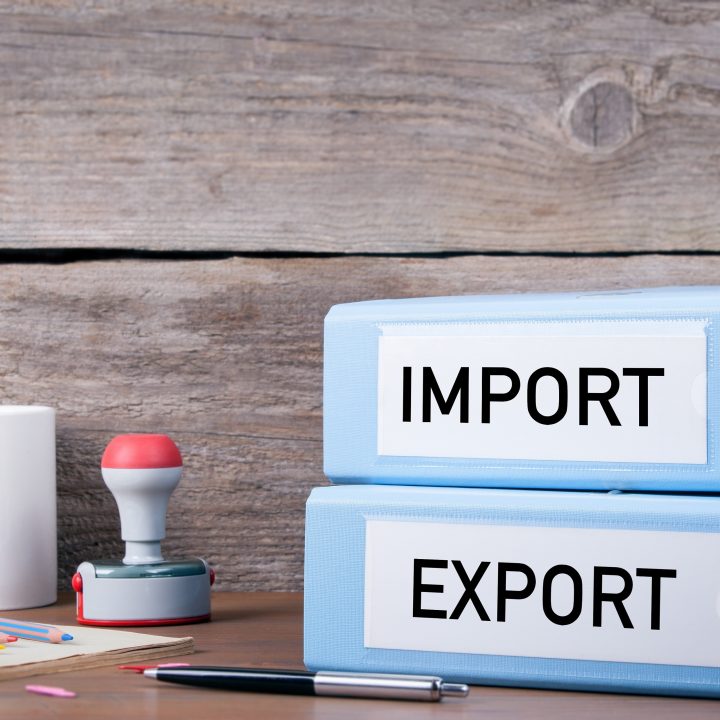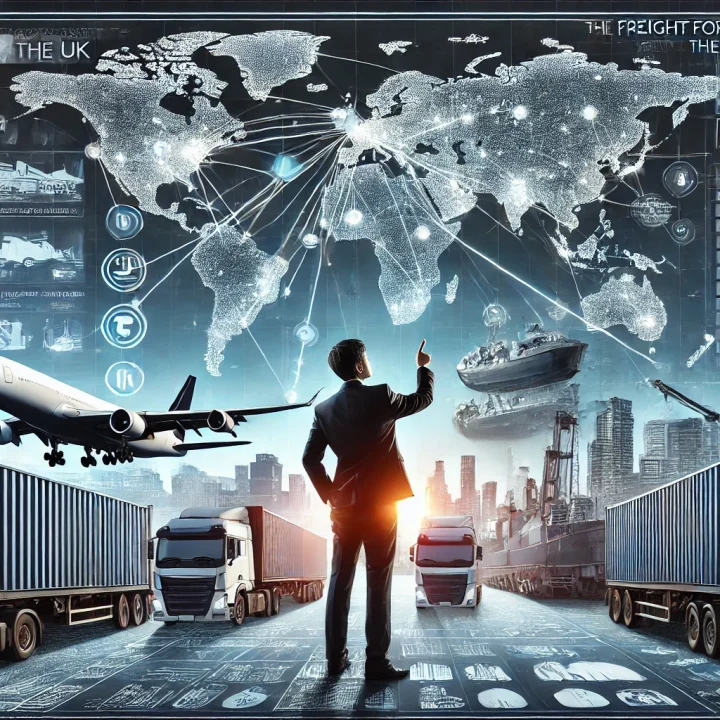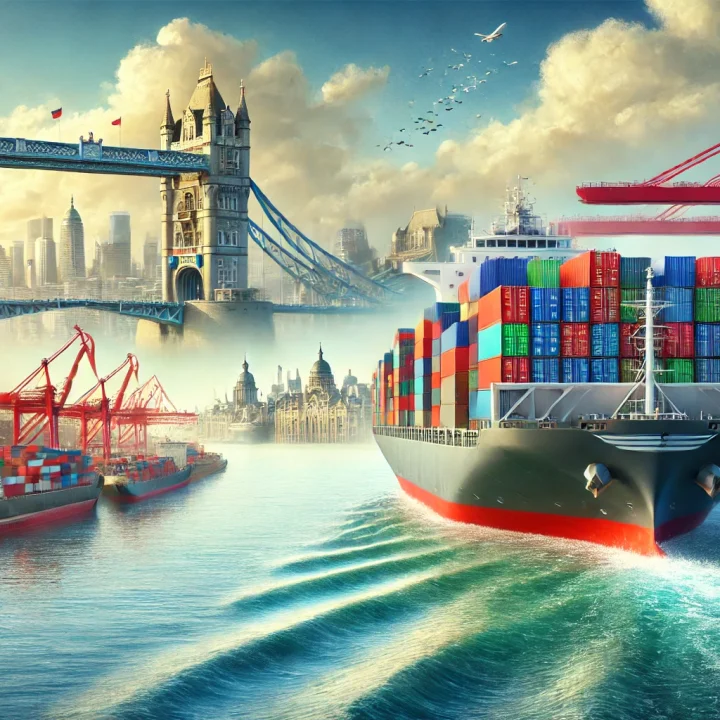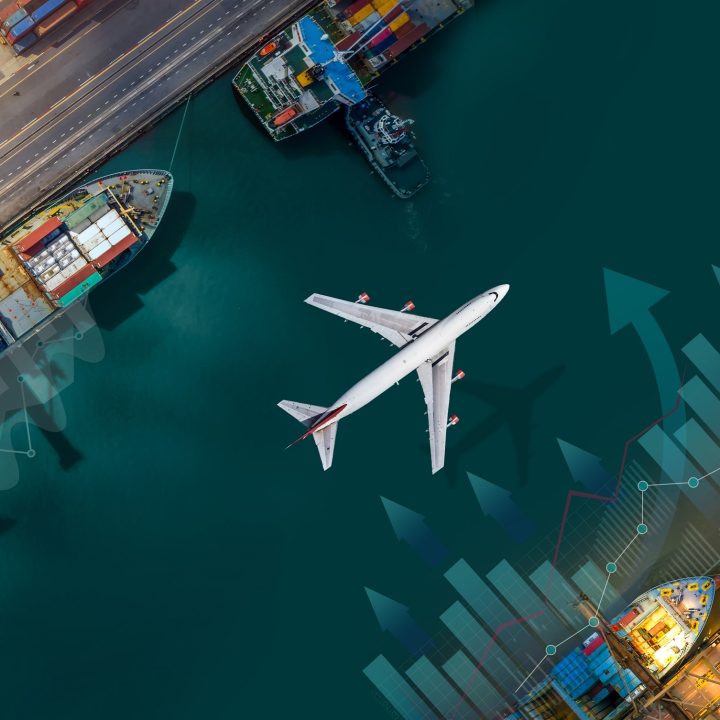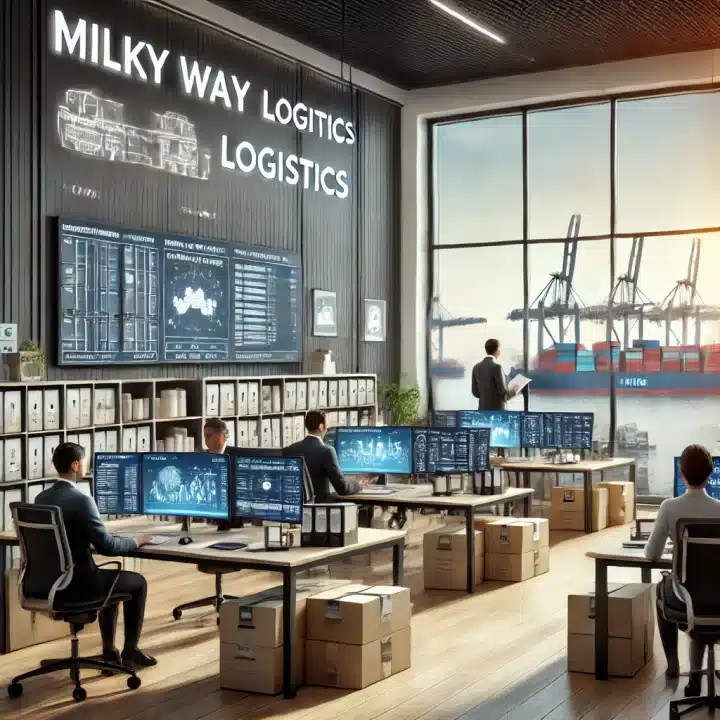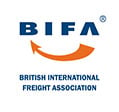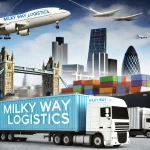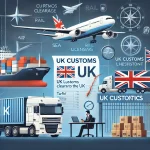7 Powerful Steps to Import from China with Milky Way Logistics
TO Import from China can unlock incredible opportunities for businesses and individuals, offering access to a vast market of competitively priced products. However, the process can seem daunting, given the logistics, regulations, and choices involved. At Milky Way Logistics, we are committed to guiding clients through every step of this journey, ensuring a smooth and successful experience to import from China. Here’s a comprehensive guide on how to import from China, covering everything from planning to shipping options and Incoterms.
1. Market Research and Product Selection
Before embarking on the import journey, thorough market research is essential. Businesses and individuals should begin by identifying the products they wish to import from China and determining the demand in their local market. Consider the following:
- Demand Analysis: Assess whether the product has market potential and competition levels.
- Compliance and Regulations: Research local import regulations, including any product restrictions or safety standards. For example, electronics may require specific certifications.
- Supplier Selection: China offers many suppliers, from manufacturers to wholesalers. Platforms like Alibaba, Made-in-China, or trade fairs like Canton Fair are excellent starting points to find reliable suppliers.
At Milky Way Logistics, we assist clients in evaluating suppliers and help verify authenticity to avoid any pitfalls.
2. Understanding Incoterms: What Are Your Options?
Incoterms (International Commercial Terms) are critical for determining the responsibilities of buyers and sellers during shipping. Here are the most commonly used Incoterms to import from China:
- EXW (Ex Works): The buyer handles all transport and import duties from the seller’s location. This gives buyers maximum control but requires them to handle every logistical aspect.
- FOB (Free on Board): Under FOB, the seller is responsible for delivering the goods to the shipping port in China, and from there, the buyer takes over. This is a popular option for sea freight.
- CIF (Cost, Insurance, and Freight): With CIF, the seller arranges the shipment and covers the costs until the goods arrive at the destination port. Buyers then take over customs clearance and final delivery.
- DDP (Delivered Duty Paid): This option puts almost all responsibilities on the seller, who ensures the goods reach the buyer’s premises, including payment of customs duties. DDP offers convenience but can be costlier.
Milky Way Logistics specializes in guiding clients through these Incoterms, ensuring you select the best option based on your business needs and budget.
3. Choosing the Right Shipping Method: Air, Sea, or Rail?
Shipping is a critical factor in the process to import from China, and there are three main options:
Air Freight
- Speed: Air freight is the fastest method, ideal for urgent or high-value shipments.
- Cost: While quick, it is often the most expensive option, especially for large or heavy shipments.
- Best for: Small, time-sensitive, or high-value items like electronics, fashion goods, or medical supplies.
Milky Way Logistics offers competitive rates for air freight and ensures swift customs clearance for timely deliveries.
Sea Freight
- Cost: Sea freight is the most cost-effective method for bulk goods, as shipping containers can carry large volumes.
- Transit Time: Shipping times vary but can take 4-6 weeks depending on the destination.
- Best for: Large, bulky, or non-urgent goods like furniture, machinery, or raw materials.
At Milky Way Logistics, we provide both Full Container Load (FCL) and Less than Container Load (LCL) services, offering flexibility based on the size of your shipment.
Rail Freight
- Balance of Speed and Cost: Rail freight is a middle ground between air and sea freight, offering faster delivery than sea freight but at lower costs than air freight.
- Eco-friendly: Rail is also a greener shipping option, which can be a selling point for businesses focused on sustainability.
- Best for: Goods traveling to European destinations where rail links are available, including certain UK routes.
Milky Way Logistics handles rail freight shipments from China to Europe, offering a reliable, environmentally friendly solution for businesses.
4. Customs Clearance and Documentation
Navigating customs regulations can be one of the trickiest parts of importing. Each country has different requirements, and missing documentation can cause costly delays. Essential documents to import from China include:
- Bill of Lading: Proof of ownership and shipping agreement.
- Commercial Invoice: Lists the products, quantities, and their value.
- Packing List: Details of how the goods are packed.
- Certificate of Origin: Confirms the country of manufacture.
- Import Licenses: Certain products may require specific licenses.
Milky Way Logistics simplifies customs clearance, ensuring all documentation is in order and helping clients navigate the process efficiently.
5. Calculate All Costs
To import from China, it’s vital to factor in all potential costs to avoid unexpected financial burdens. These include:
- Product Costs: The price of the goods from the supplier.
- Shipping Costs: Depending on your chosen method (air, sea, or rail), shipping costs can vary significantly.
- Duties and Taxes: Customs duties, VAT, and other import taxes must be calculated based on the value of the goods.
- Insurance: Protecting your goods during transit is highly recommended. Consider whether your Incoterm covers insurance or if you need to arrange it separately.
Our team at Milky Way Logistics can help you break down all these costs and develop a clear budget for your import operation.
6. Insurance and Risk Management
Shipping goods internationally comes with inherent risks, such as damage, loss, or delays. Cargo insurance is vital to protect against such risks. Some Incoterms include insurance, but it’s always good to double-check coverage and consider additional policies if necessary.
At Milky Way Logistics, we offer comprehensive insurance solutions to safeguard your shipments and minimize risks.
7. Delivery and Final Mile Logistics
Once your goods clear customs, the final step is delivery to your business premises or customers. Depending on the destination, you can arrange for:
- Door-to-door delivery: Your shipment is transported directly from the supplier to your door.
- Warehouse storage: If you need time to sort or distribute the goods, warehouse storage can be arranged.
- Last-mile logistics: Especially important for e-commerce businesses that need reliable delivery services to customers.
Milky Way Logistics provides tailored final-mile delivery solutions to ensure your goods arrive safely and on time.
Why Choose Milky Way Logistics?
At Milky Way Logistics, we don’t just offer shipping services—we offer full consultation and support throughout theprocess to import from China. Whether you’re new to importing or looking to optimize your supply chain, our expert team will help you navigate each step with ease. We pride ourselves on delivering competitive rates, reliable shipping solutions, and personalized service for all your logistics needs.
Conclusion
To Import from China can transform your business, providing access to affordable, high-quality goods. By understanding the steps involved and working with a trusted logistics partner like Milky Way Logistics, you can minimize risks, control costs, and ensure a smooth process from start to finish.
With our extensive expertise in air, sea, and rail freight, along with personalized consultation and support, Milky Way Logistics is your go-to partner for all your import needs.
Contact us today to start your journey to import from China with confidence.
